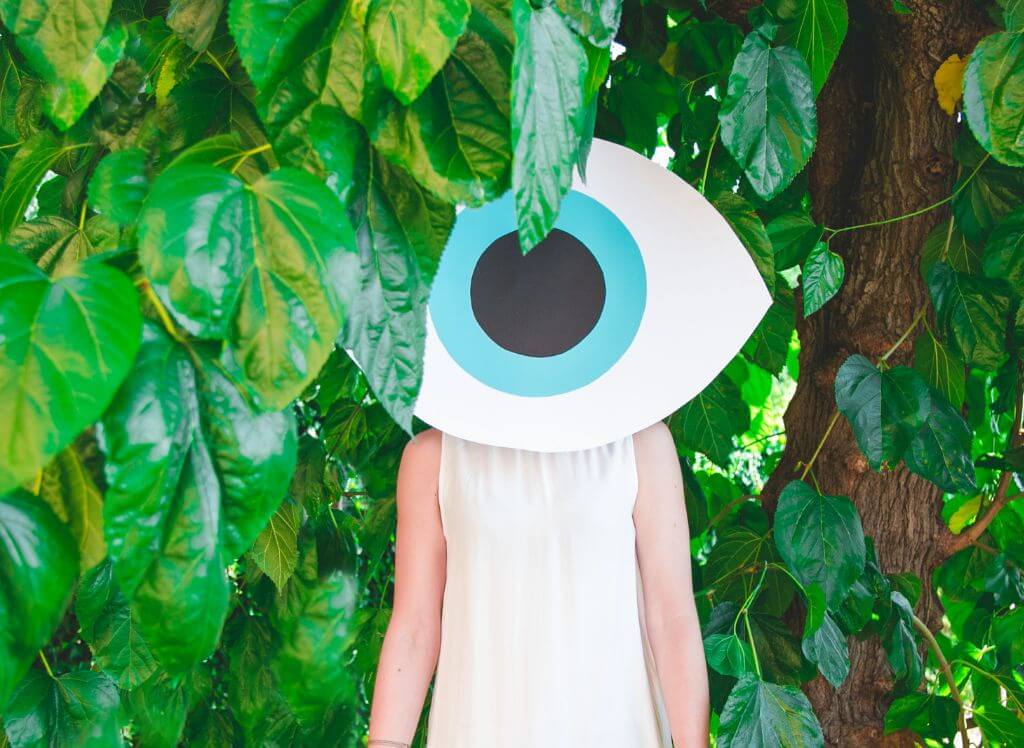Eye floaters are small spots, specks, lines, or cobweb-like images that move across a person’s field of vision. They are caused by tiny clumps of gel or cells within the vitreous humor – the clear jelly-like substance inside your eye.
While eye floaters are not generally dangerous, they can be annoying and interfere with daily activities such as reading and driving. In some cases, they can be signs of an underlying condition such as retinal detachment or uveitis which may require medical attention. It is important to have regular checkups with your optometrist if you are experiencing frequent or bothersome floaters.
The best way to prevent floaters is to maintain good eye health. Eating a healthy diet that includes foods rich in vitamins A, C, and E can help maintain your eyesight and reduce the risk of floaters. Additionally, taking omega-3 fatty acids are also beneficial as they are thought to protect against certain types of eye problems.
Finally, make sure you are staying up-to-date with routine eye exams and screenings to ensure that your eyes are healthy. Early detection is key when it comes to preventing more serious conditions related to floaters. With proper care and regular checkups, most people are able to manage their floaters effectively.
In summary, eye floaters are not usually dangerous but can be annoying. Taking precautionary measures such as eating a healthy diet with supplements of vitamins A, C, and E and omega-3 fatty acids are beneficial in preventing the development of new floaters. Additionally, regular checkups are crucial for early detection and to ensure that eye floaters are being managed properly.






